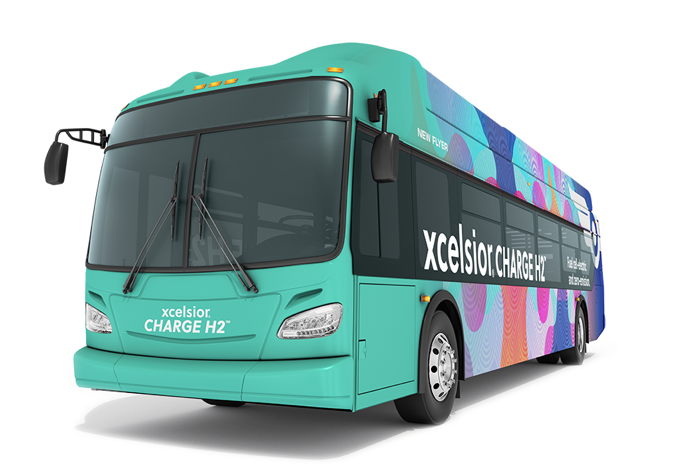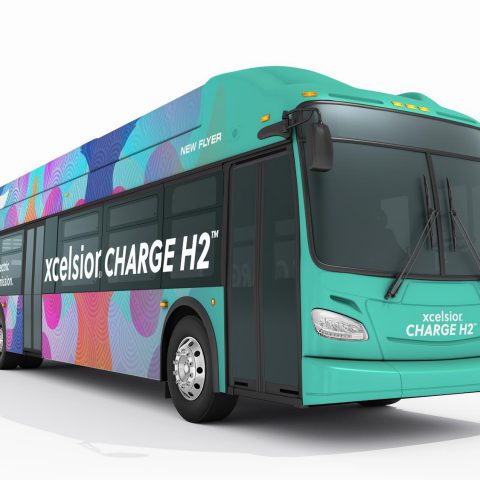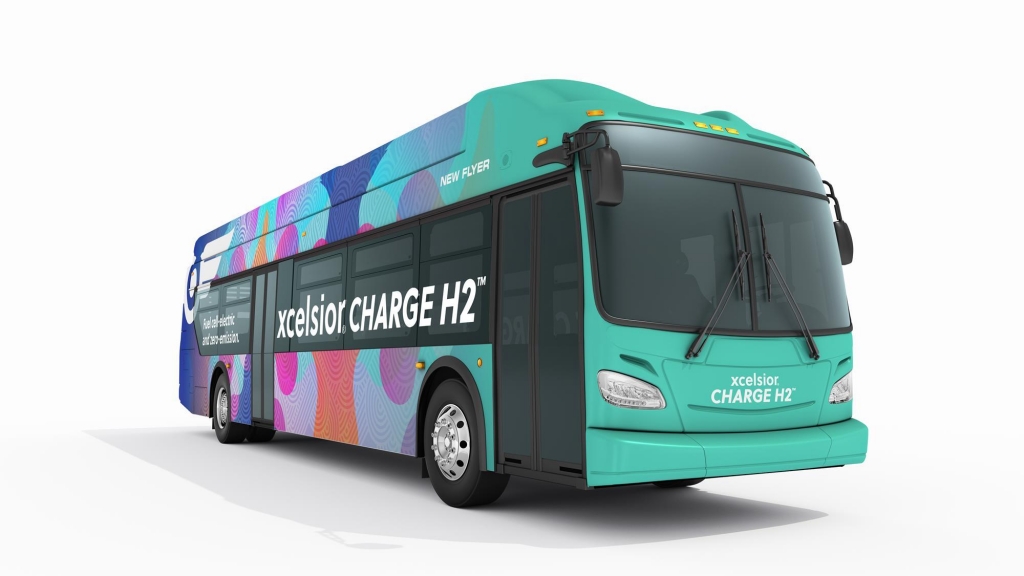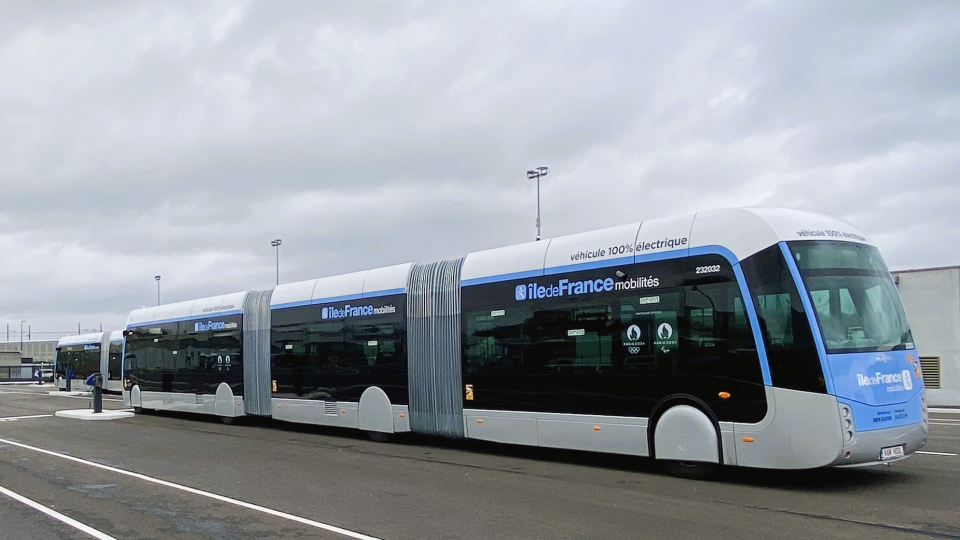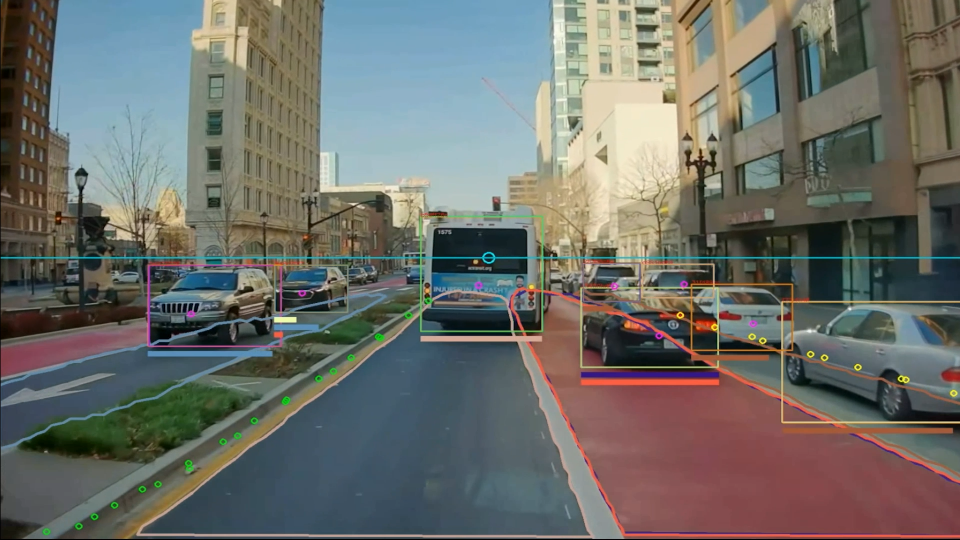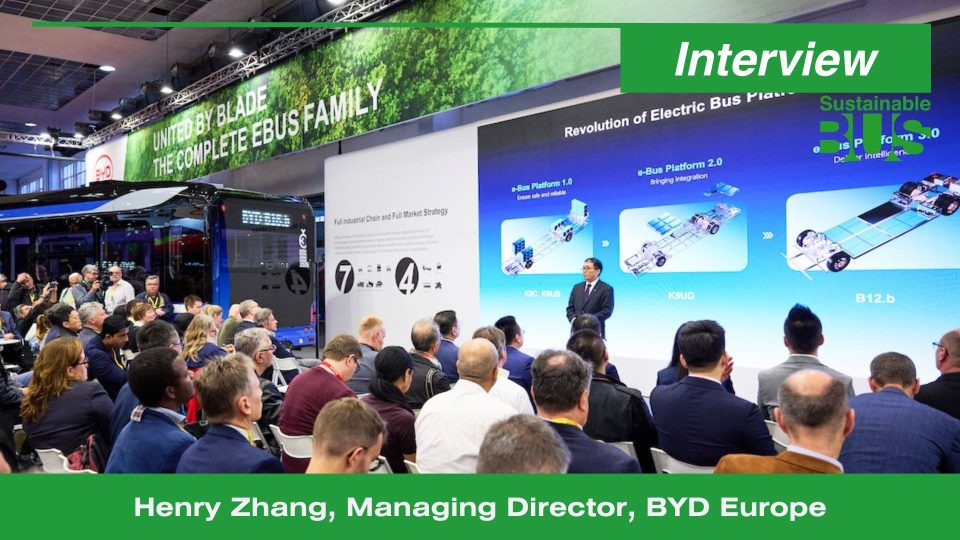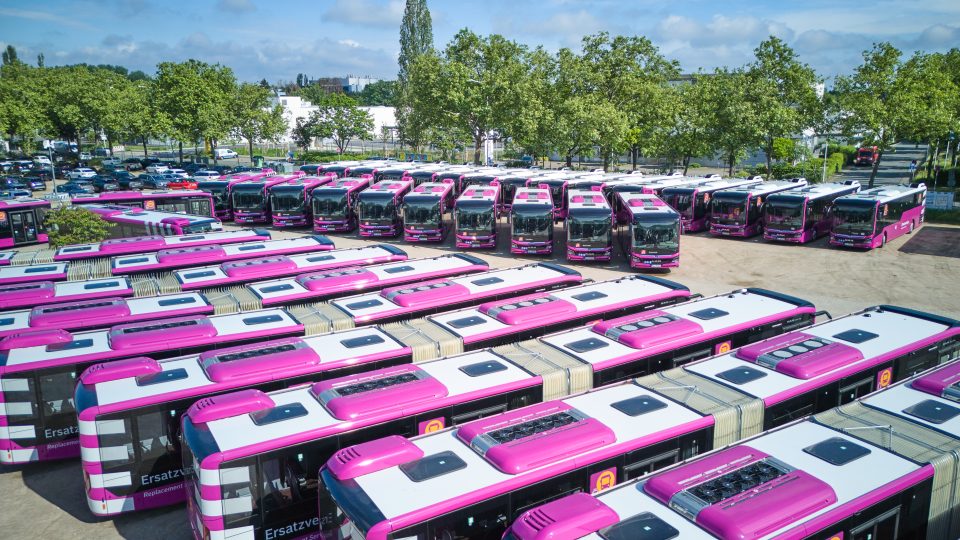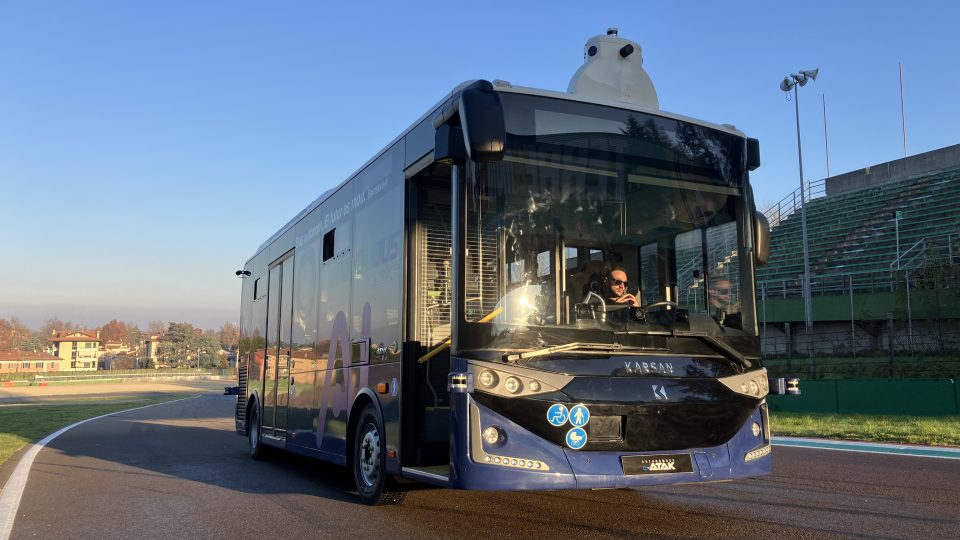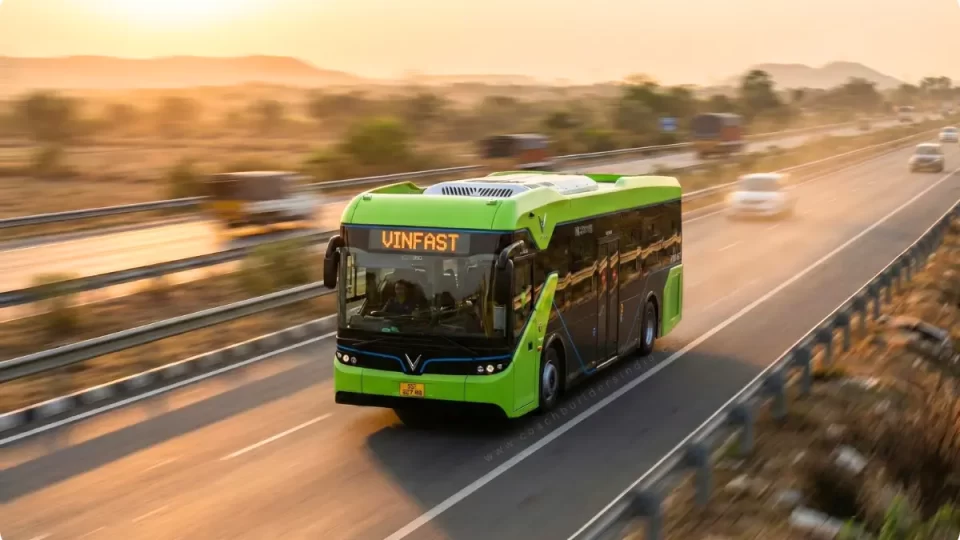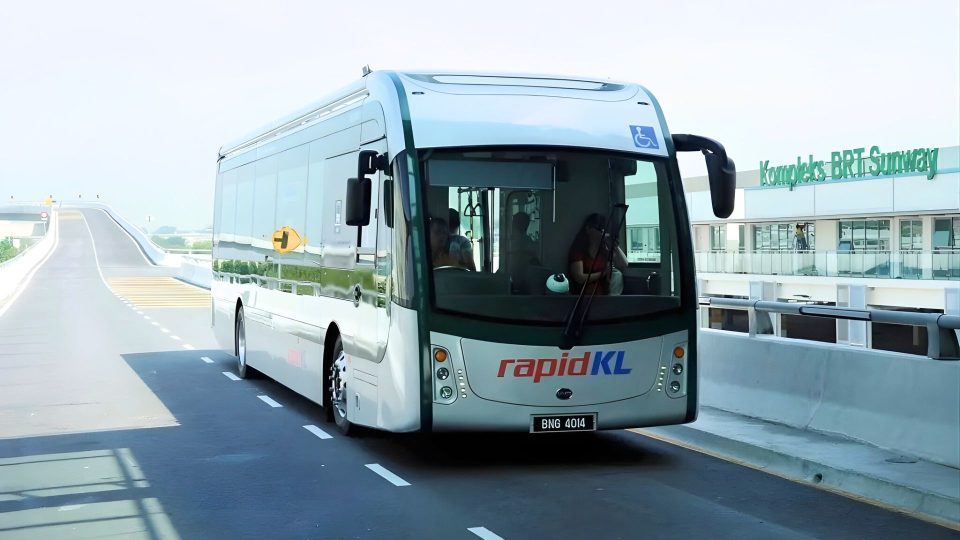According to New Flyer, the Xcelsior Charge H2 articulated is the first 18 meter bus to complete Altoona. The fuel cell bus by New Flyer uses fuel cell technology (by Ballard Power System) to create electricity and charge batteries, thus extending the vehicle’s range up to 300 miles. The bus can be refueled in 6-20 minutes depending on the model and operating conditions, and requires no overnight plugin electrical charging.
In fact, the 12 meter model has an equivalent battery storage of 700 kWh (the double of an average battery electric bus) thanks to a 37.5 kg hydrogen tank. The articulated bus, on the other hand, carry on board as much as 1,100 kWh (60 kg hydrogen storage volume).
Today, New Flyer is the only North American manufacturer to provide all three types of ZEB propulsion systems: trolley-electric, all battery-electric, and fuel cell electric.
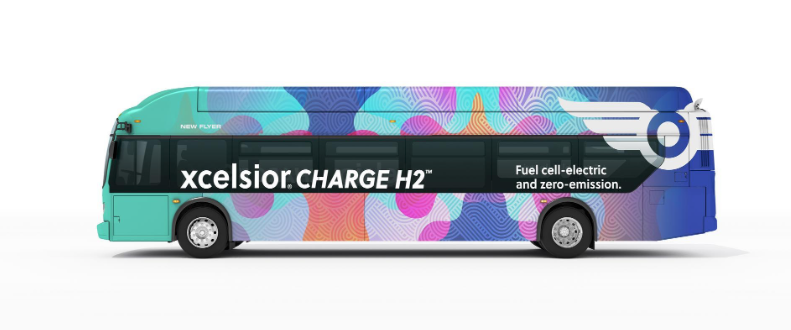
25 New Flyer Xcelsior CHARGE H2 to three Californian agencies
New Flyer is currently delivering 25 units of Xcelsior Charge H2 fuel cell bus to three transit agencies as part of California Climate Investments (CCI). CCI is a statewide initiative that puts billions of Cap-and-Trade dollars to work reducing greenhouse gas emissions, strengthening the economy, and improving public health and the environment, particularly in disadvantaged communities, low-income communities, and low-income households, New Flyer points out. New Flyer also continues to partner with the Center for Transportation and the Environment (CTE) and CALSTART on programs to advance electric bus commercialization.
New Flyer fuel cell portfolio will include trucks
“With the addition of the New Flyer Xcelsior CHARGE H2, we offer a robust line-up of zero-emission transit buses to assist in the transition to clean transit, to serve the evolving needs of communities, and to meet increasingly stringent greenhouse gas emissions regulation such as California’s Innovative Clean Transit Rule,” said Chris Stoddart, President, New Flyer. “We anticipate fuel cells for extended range will complement all battery-electric technology, not only in transit, but other industries such as commercial trucks.”
CLICK HERE FOR THE ARTICLE
2019 will be the year of Solaris Urbino 12 hydrogen
